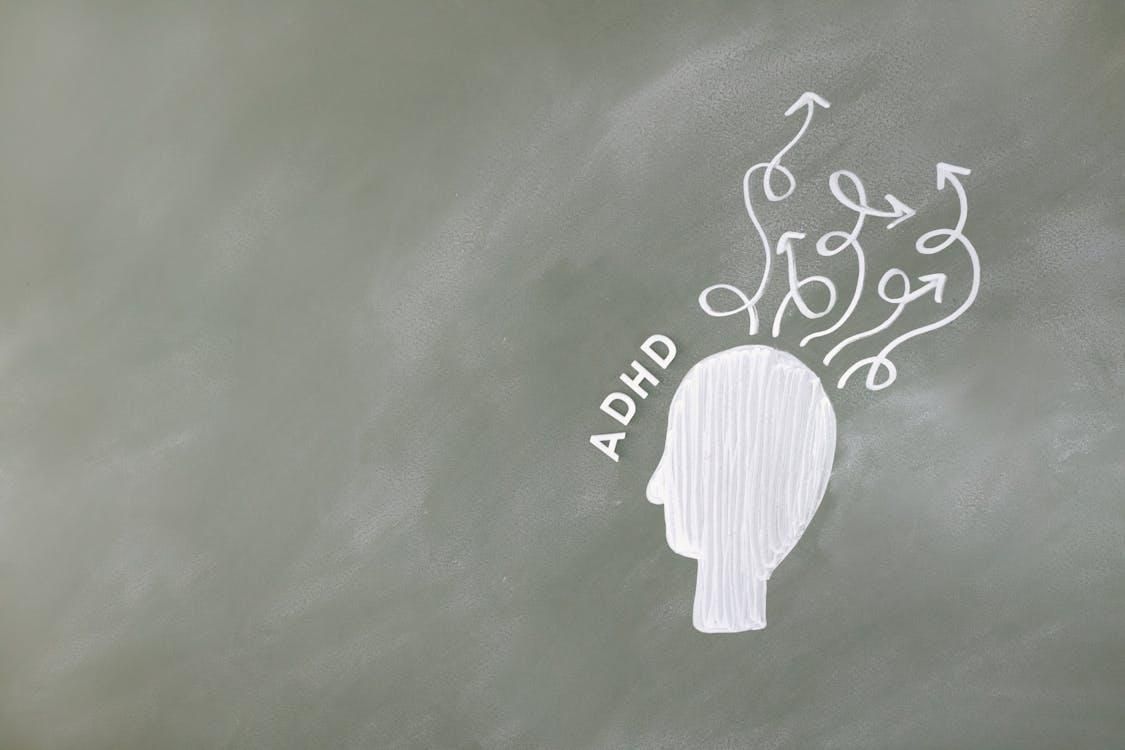The Role of Cognitive Behavioral Therapy in Healing Trauma
Trauma often leaves individuals with lasting psychological wounds that affect their emotions, behavior, and relationships. For some, these experiences cause heightened fear responses, sleep disturbances, or recurring negative thought patterns that interfere with everyday life. Traditional therapeutic approaches may not always address these patterns directly, but Cognitive Behavioral Therapy for trauma provides a structured method to recognize how thoughts influence feelings and actions. By breaking down these responses, individuals gain greater awareness of how past experiences shape their current well-being.
How CBT Restructures Thought Patterns
At its foundation, Cognitive Behavioral Therapy helps people identify distorted thinking that often follows trauma. Traumatic memories can lead individuals to interpret ordinary situations as threatening or overwhelming, fueling cycles of anxiety or depression. CBT sessions encourage individuals to challenge these beliefs and replace them with healthier, more balanced perspectives. For example, someone who associates loud noises with past trauma can work on reframing their response to recognize that current situations may not carry the same danger. This restructuring process allows the brain to adapt, helping individuals regain a sense of control over their reactions.
Building Emotional Regulation Through Practice
Another key benefit of CBT in trauma treatment is its emphasis on emotional regulation. Many individuals living with trauma feel their emotions become unmanageable, leading to heightened states of anger, sadness, or fear. Through guided practice, they learn practical techniques such as breathing exercises, grounding methods, and thought interruption strategies that minimize emotional intensity. Over time, these tools strengthen resilience, giving individuals the ability to respond thoughtfully rather than react impulsively to triggering situations. The practice not only reduces distress in the moment but also builds long-term stability in mental health.
Encouraging Safe Exposure to Triggers
Avoidance is common among those who have endured trauma, as certain situations or reminders can feel overwhelming. However, avoidance often reinforces fear and prevents progress. CBT helps individuals gradually confront triggers in a safe and supportive environment. This process, known as exposure work, is carefully guided to ensure that the individual remains in control. By repeatedly facing fears in a structured way, the intensity of the response lessens, and individuals regain confidence in their ability to manage distressing situations.
Restoring Hope and Long-Term Wellness
The effectiveness of Cognitive Behavioral Therapy lies not only in addressing immediate symptoms but also in equipping individuals with lifelong skills. Instead of feeling defined by traumatic events, individuals begin to build healthier relationships, pursue personal goals, and experience improved quality of life. Professional support through CBT provides a foundation for long-term mental wellness by addressing trauma at its root rather than focusing only on surface-level symptoms.
A Step Toward Healing
For those seeking meaningful recovery, structured therapeutic methods such as CBT can make a profound difference. Support may also include mental health services in Waldorf, guidance from a psychiatric nurse practitioner, or assistance through behavioral healthcare. These resources create a path forward, helping individuals regain control of their lives and embrace hope for the future. Reach out to Oasis of Hope BHC to take the next step toward healing and resilience.











